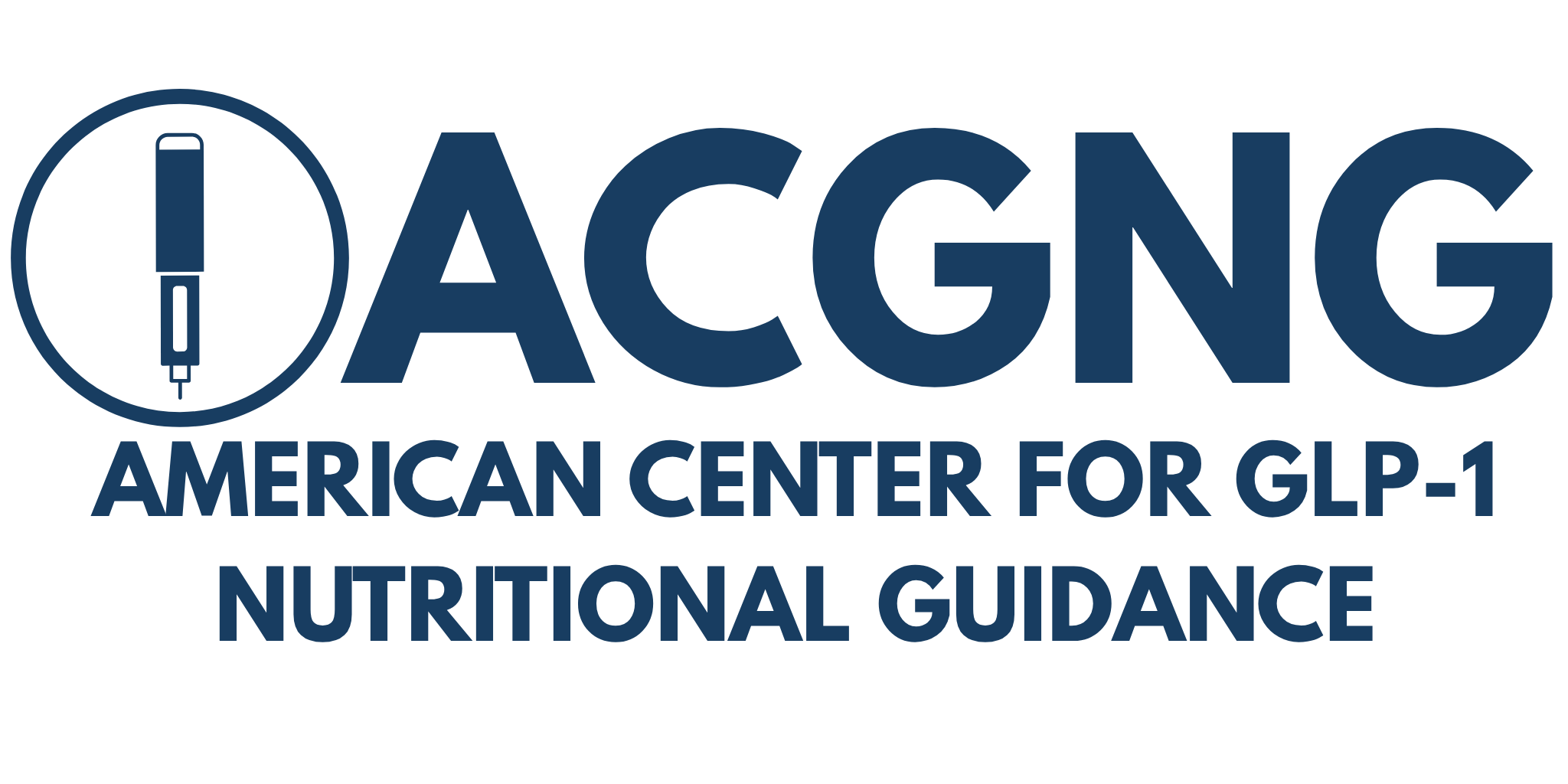Gastrointestinal (GI) side effects are the most common adverse events associated with GLP-1 receptor agonists. Effective management and proactive counseling can significantly improve adherence and long-term treatment success. This guide provides evidence-based strategies for managing side effects in clinical practice.
Most Common Side Effects
- Nausea
- Vomiting
- Diarrhea
- Constipation
- Abdominal pain or bloating
- Loss of appetite
- Fatigue or malaise (transient in early treatment phase)
General Management Principles
- Start low, go slow: Follow recommended titration schedules to reduce GI burden.
- Hydration and electrolytes: Encourage adequate fluid intake to prevent dehydration and support digestion.
- Dietary modifications: Small, low-fat, bland meals are generally better tolerated.
- Meal timing: Avoid large or late-night meals; reduce portion sizes.
- Review other medications: Identify drugs that may worsen GI side effects (e.g., NSAIDs, metformin).
Specific Symptom Strategies
Nausea
- Eat small, frequent meals
- Avoid greasy, spicy, or very sweet foods
- Ginger tea or ginger chews may help reduce nausea
- Consider ondansetron if clinically appropriate
Constipation
- Increase fiber intake (if tolerated) and water consumption
- Encourage physical activity
- Add stool softeners (e.g., docusate) or fiber supplements if needed
Diarrhea
- Maintain hydration with oral rehydration solutions
- Limit caffeine, alcohol, and high-fat foods
- Use loperamide short-term if persistent
Patient Counseling Tips
- Normalize the side effects—let patients know they’re common and often temporary
- Provide written instructions for symptom relief
- Advise patients not to skip doses unless advised and to contact their provider if symptoms worsen
- Reinforce the importance of adherence to titration schedules
When to Adjust or Stop Therapy
- Severe or persistent symptoms despite adjustments
- Signs of pancreatitis (e.g., severe abdominal pain radiating to the back)
- Hypersensitivity reactions
- Dehydration-related complications (especially in elderly or renally impaired patients)
Monitoring & Follow-Up
- Follow up after each dose escalation
- Document side effects and management strategies
- Adjust nutrition or medication plan as needed
Disclaimer
This guide is for educational purposes for healthcare professionals and does not replace individualized clinical judgment or formal medical consultation. Always follow product-specific labeling and institutional protocols.
